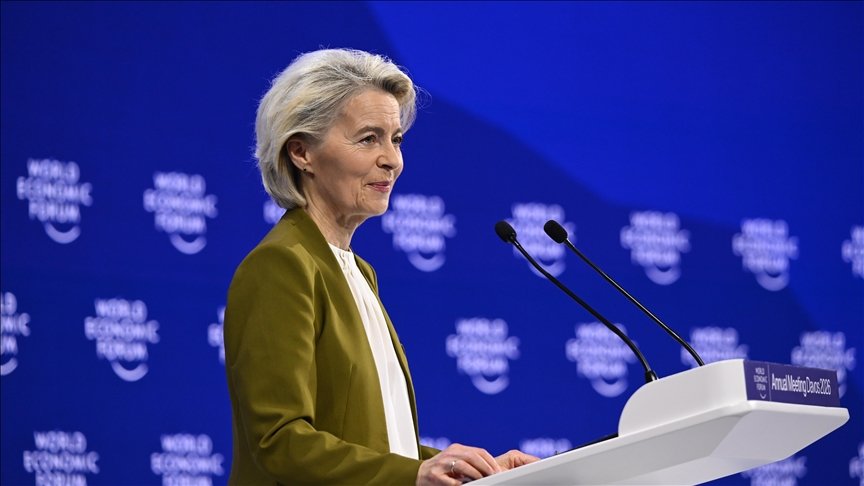Brussels, April 22, 2024, The Europe Today: Europe encountered a record number of “extreme heat stress” days in 2023, as highlighted by two leading climate monitoring organizations on Monday, emphasizing the escalating risk of deadly summers across the continent.
Throughout the year, Europe grappled with a spectrum of climate extremes, from scorching heatwaves to catastrophic flooding, debilitating droughts, violent storms, and the largest wildfire in its history. These events resulted in substantial economic damages and affected over two million individuals, according to a new joint report by the EU’s Copernicus Climate Change Service and the UN’s World Meteorological Organization (WMO).
The impact on health was notably severe, with heat identified as the primary climate-related threat as global warming drives hotter European summers.
“We’re observing a concerning trend of increasing days with heat stress across Europe, and 2023 saw a record number of days with extreme heat stress,” noted Rebecca Emerton, a climate scientist at Copernicus.
To gauge heat stress, Copernicus and WMO employed the Universal Thermal Climate Index, which evaluates the environmental impact on the human body by considering factors such as temperature, humidity, wind speed, sunshine, and heat emitted by the surroundings.
Extreme heat stress, defined as a ‘feels-like’ temperature surpassing 46 degrees Celsius, necessitates urgent actions to mitigate health risks like heat stroke, Emerton explained.
Extended exposure to heat stress poses a particularly grave threat to vulnerable populations such as the elderly or individuals with pre-existing health conditions.
The urban environment exacerbates the impact of heat stress, the report highlighted.
Over two-thirds of the 30 most severe heatwaves recorded in Europe occurred in this century, and heat-related fatalities have risen by approximately 30 percent over the past two decades.
Although 2023 was not Europe’s hottest summer on record (it ranked fifth), it witnessed widespread heatwaves during an extended period from June to September, Emerton elaborated. September notably marked the warmest on record for Europe as a whole.
On July 23, an unprecedented 13 percent of Europe experienced high levels of heat stress, with southern Europe bearing the brunt.
Data on heat-related deaths in Europe for 2023 is pending, but past years with similar extreme heatwaves, such as 2003, 2010, and 2022, have seen tens of thousands of fatalities attributable to heat-related causes, the report indicated.
“We observe a significant increase in mortality during such extreme heatwaves, as was evident in 2023,” remarked Alvaro Silva, a climatologist from WMO. “This rise in mortality affects the vast majority of European regions and is of major concern.”
The report underscores the urgent need for adaptive measures and policies to address the escalating impacts of climate change, particularly in mitigating heat-related health risks across Europe.













